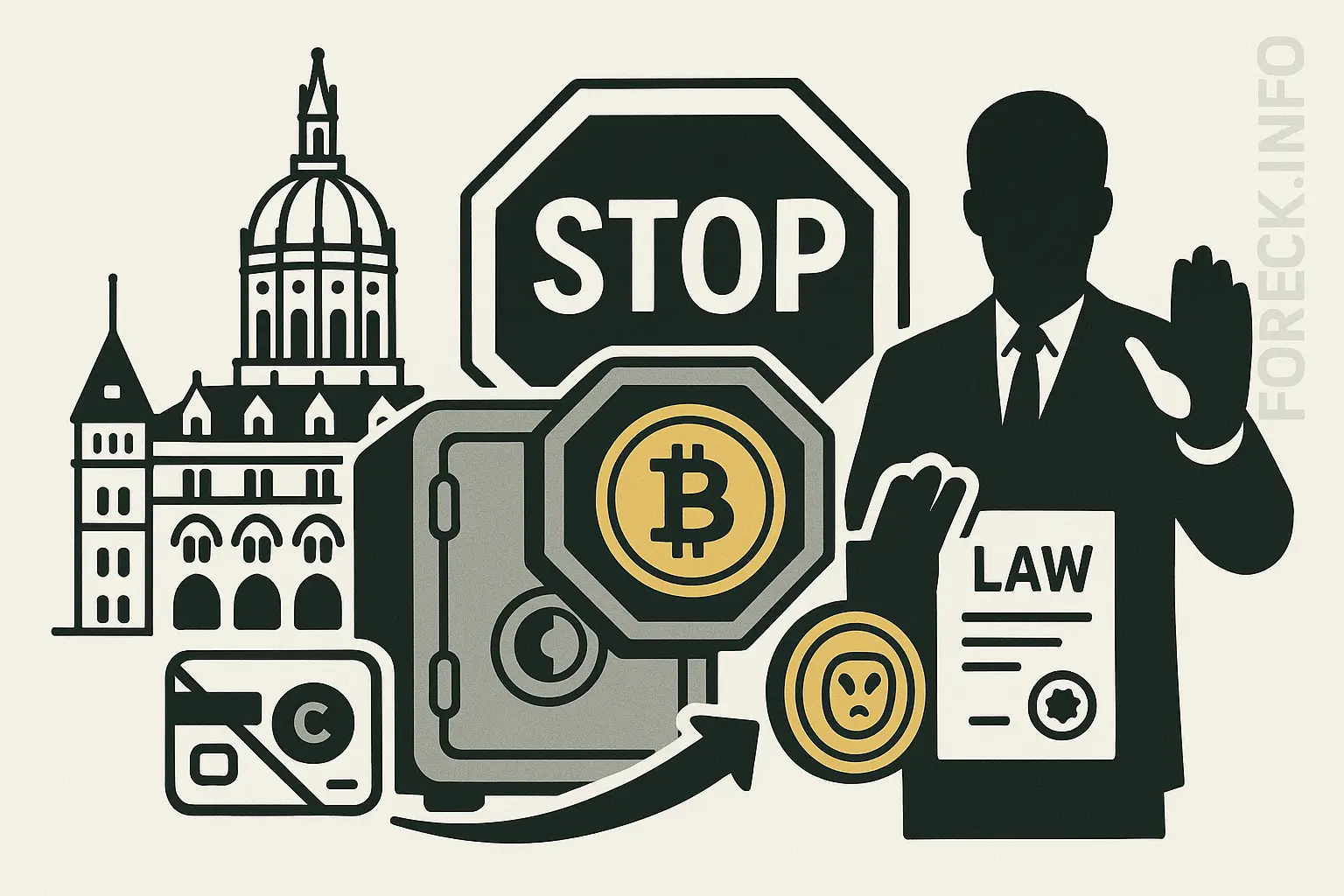The bill’s language is unambiguous: “Neither the state nor any of its subdivisions shall accept payments in virtual assets, nor purchase, hold, or invest in them—especially for the creation of a reserve.” The move draws a clear line against any public sector involvement in cryptocurrencies.
🚨 NEW: Connecticut passes law to ban state investment in bitcoin.
— Bitcoin Laws (@Bitcoin_Laws) June 10, 2025
HB7082 prohibits the state from accepting, holding, or investing in any virtual currencies.
It also imposes several new requirements on money transmitters. pic.twitter.com/lKozljMp1R
HB 7082 also introduces new requirements for crypto companies offering money transfer services. Providers must now disclose all associated risks in clear, prominent, and legible English text, strengthening consumer protections in the burgeoning digital asset market.
Furthermore, the bill restricts virtual asset transactions to adults only, unless minors under 18 have explicit parental or guardian consent.
The Connecticut decision stands in stark contrast to crypto-friendly moves in other states. For example, Arizona Governor Katie Hobbs recently signed a law establishing a bitcoin reserve sourced from unclaimed assets. Meanwhile, New Hampshire has already passed pioneering legislation to not only create a bitcoin reserve, but to enable its active expansion.

